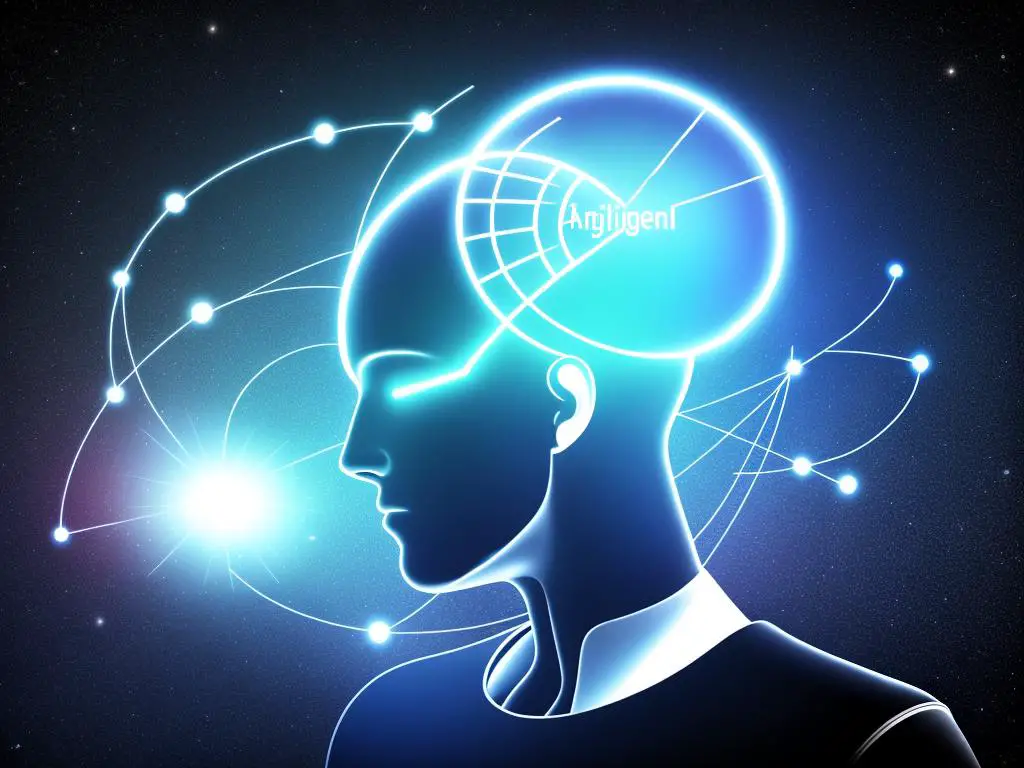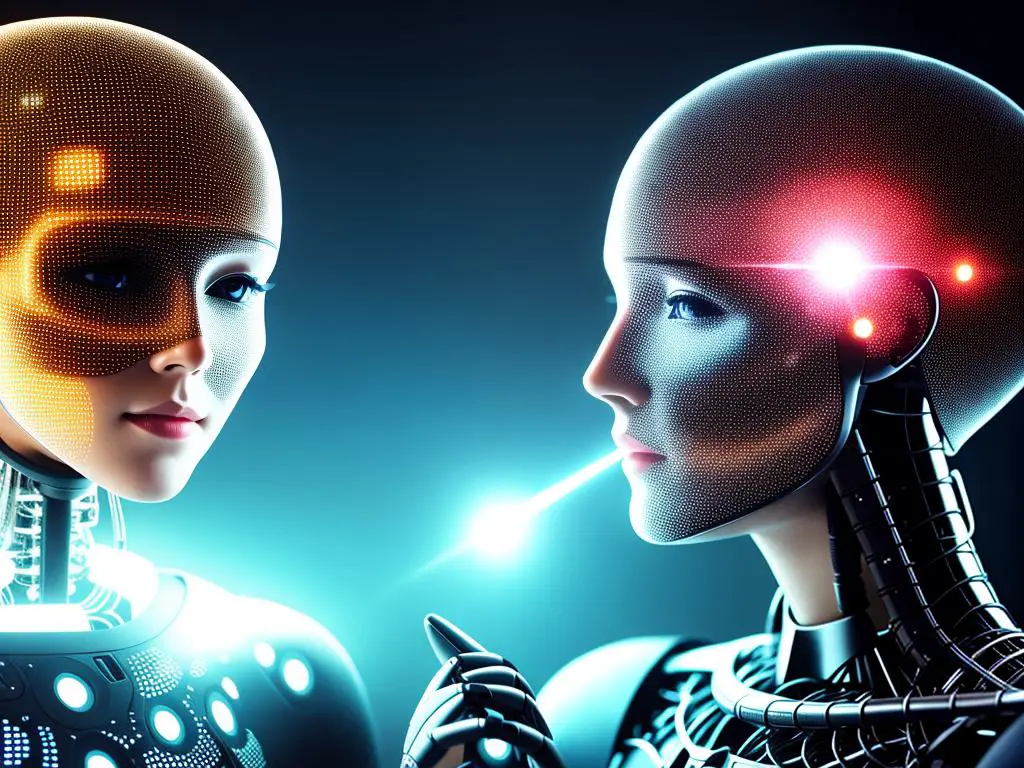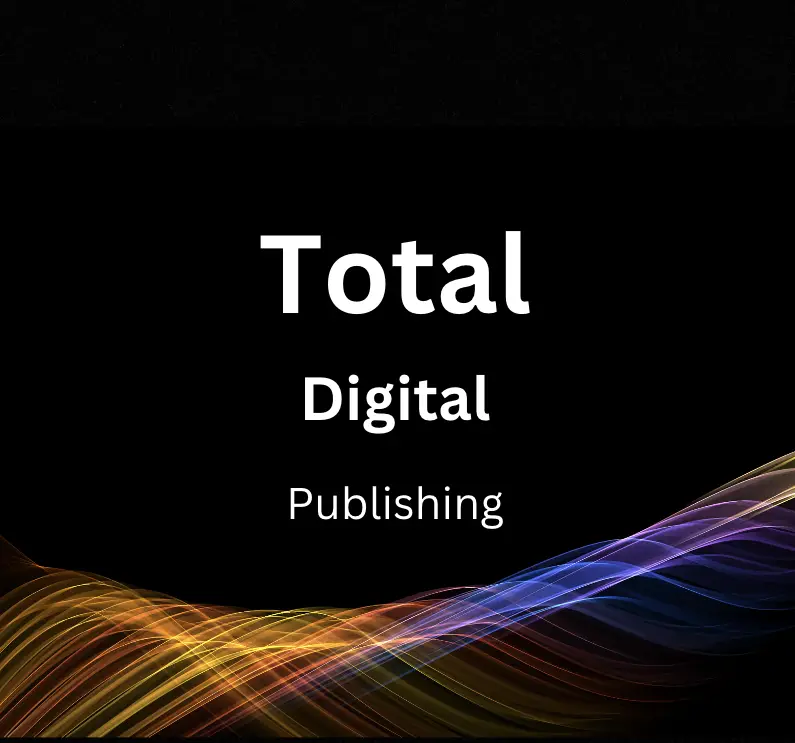In a digital world brimming with unending information and compelling narratives, the art of blogging continues to be reshaped and revolutionized. A crucial driver of this transformation is the advent and burgeoning growth of artificial intelligence. This phenomenal technology, with its deep root in machine learning and complex computing paradigms, is redefining the way bloggers create, share, and engage with their content. As the visualization of written thoughts and expressions, blogging straddles the intricate line between creativity and information. And AI, with astounding capability, is adding an unforeseen dynamic to this ecosystem.
Understanding Artificial Intelligence
Understanding Artificial Intelligence
Artificial Intelligence (AI) refers to the simulation of human intelligence processes by machines, especially computer systems. These processes typically include learning (understanding information and the rules for using it), reasoning (applying the rules to reach approximate or definite conclusions), and self-correction. AI is a multidisciplinary field that incorporates elements of computer science, mathematics, psychology, linguistics, philosophy, and others.
Introduced in the 1950s, AI can be traced back to ancient history. Myths, stories, and speculation about artificial beings endowed with intelligence or consciousness by master craftsmen are as old as humankind. Today, AI has moved from being merely a theoretical concept to a significant piece of modern technology.
Artificial Intelligence in Blogging
Just like in other sectors, AI finds its use in blogging as a tool that can automate processes saving time and costs, producing better outcomes while also providing personalized user experiences. Here’s how AI is taking shape in the world of blogging.
-
Content Generation:
Machine learning algorithms and natural language processing technology are helping create content, such as blog posts, news articles, and more. AI tools can identify trending topics and help bloggers come up with relevant content ideas. They can even draft entire posts, although human involvement is still necessary for final editing and approval.
-
Content Optimization:
AI can drastically improve content optimization. AI-powered tools can provide insights about the tone, language or reading level of a blog post. They can also suggest keywords, phrases, and metadata to boost SEO performance.
-
Personalized User Experience:
AI can provide personalized content recommendations for readers based on their previous browsing history, interests, and behaviors. This kind of personalization can significantly increase reader engagement and blog traffic.
-
Chatbots and Customer Service:
AI chatbots are capable of handling multiple customer queries simultaneously and deliver prompt responses. They serve as an effective tool for customer engagement and can even redirect readers to relevant blog posts based on their queries.
Machine Learning and Deep Learning
Machine learning and deep learning are subfields of AI.
Machine Learning (ML) is a type of artificial intelligence that allows software applications to become more accurate at predicting outcomes without being explicitly programmed to do so. Machine learning algorithms use historical data as input to predict new output values.
Deep Learning, on the other hand, is a subfield of machine learning that uses algorithms inspired by the structure and function of the brain’s neural networks. Deep learning algorithms attempt to draw similar conclusions as humans would by continually analyzing data with a given logical structure.
These technologies are playing a critical role in blogging. For example, in analyzing vast datasets to determine what kind of content performs best, or using readers’ behavior information to provide them with personalized recommendations.
Artificial Intelligence (AI) holds a key position in the dynamic landscape of blogging. It has made significant strides, from shaping the creation of content to revolutionizing customer service, thereby altering the ways bloggers operate and the manner in which readers interact with content. As the technology behind AI continues to mature, the prospect for the development of even more efficacious and ingenious blogging techniques is endless.

Artificial Intelligence in Blogging
The Impact of AI on Blogging
As we witness the advancement of technology, Artificial Intelligence (AI) has seamlessly integrated into several facets of our lives: from smart home devices and personal assistants, to autonomous vehicles. Its sphere of influence extends to the world of blogging, introducing a new dimension to the manner in which blogs are conceived, collated, and disseminated.
Creating and Sharing Blog Content Through AI
Companies and individuals have started transitioning from manual blog writing to AI-powered content creation tools, given their convenience and efficiency. These applications use Natural Language Processing (NLP) and Natural Language Generation (NLG), both subfields of AI. NLP helps computers understand and interpret human language, while NLG enables them to compose meaningful phrases and sentences.
Companies like Articoolo and WordAi provide content creation services that save time, effort, and offer high-quality outcomes. The AI writer constructs content based on the input keywords or phrases. After receiving the prompt, the software finds related content across the web, analyzing, restructuring, and delivering an original piece of content. Bloggers can then refine and optimize this content, further improving its quality.
A diversified range of AI-driven social media tools are also available for sharing blog posts, helping bloggers in reaching a wider audience. Tools like Buffer and Hootsuite leverage AI to determine the best time to post based on audience engagement and demographics, ensuring maximum visibility and reach.
AI Tools for Improved Writing
Artificial Intelligence also offers an array of tools that help refine the written content, make it more readable, and grammatically accurate. The most popular of these tools are Grammarly, Hemingway Editor, and Readable.
Grammarly uses AI algorithms to detect grammar mistakes, punctuation errors, and provides suggestions for tone, clarity, engagement, and delivery. Hemingway Editor, on the other hand, focuses on readability. It uses AI to detect complex words and sentences, passive voices, and adverbs, suggesting alternatives for improving the simplicity and readability of the text. Readable uses AI to assess the readability of your content and gives it a score, helping writers tailor their work for their target audience.
Content Recommendation Algorithms
Another significant impact AI has on blogging is the ability to provide personalized content recommendations to readers. Tools like Curata and Taboola not only suggest related blog posts to the readers but also help bloggers find topics relevant to their niche.
Content recommendation engines use AI algorithms to analyze the reader’s behavior, preferences, and interaction history to suggest customized content. Such personalized experiences increase reader engagement and retention, driving more traffic to the blog.
The Conclusion Summarized
Artificial Intelligence (AI) has revolutionized the realm of blogging in undeniable ways. By equipping bloggers with the apt tools from content creation, curation to sharing, AI has promoted efficiency, effectiveness, and intelligent blogging. With incessant advancements and innovations, AI is bound to furnish bloggers with more refined and high-powered tools to perfect their skills.

Benefits and Limitations of AI in Blogging
The Positive Impact of AI on Blogging: Enhancement of Productivity, Engagement, and Personalization
AI serves a pivotal role in augmenting the efficiency and engagement of blogging. By automating some of the blogging tasks, it allows authors to immerse themselves more deeply in the content. For instance, AI manages the lion’s share of keyword research, SEO optimization, grammar checks, and plagiarism scans, thus driving up productivity.
Moreover, AI can formulate content that is tailored to the reader’s preferences. Consider examples such as Amazon and Netflix, platforms that have adeptly used AI to curate personalized content based on user behavior. Similarly, bloggers can employ AI to recommend articles or customize content based on readers’ interests, reading patterns, and interaction with the site, leading to superior engagement and a more reader-friendly environment.
In conjunction with this, AI chatbots can communicate with readers, address common inquiries, and collect significant feedback for bloggers. This supplementary layer of engagement aids bloggers in discerning their audiences more comprehensively.
The Limitations and Ethical Considerations of AI in Blogging
Despite the advantages, it is also important to acknowledge the limitations of AI in blogging. One key concern is whether AI can truly mimic human creativity and emotions. Although AI can generate content that is grammatically correct and factually accurate, it may lack the personal voice, style, and emotions that human writers can express. AI-generated content might come off as bland or impersonal, undermining the quality and effectiveness of blogs focusing on personal experiences or opinions.
Ethical considerations also come into play when using AI in blogging. For example, if AI is utilizing user data to personalize content, there should be clear transparency about what data is collected and how it is being used. Ignoring this could lead to breaches of user privacy.
There’s also the question of digital plagiarism. As AI can scour the web to collect data, it can sometimes end up generating content that is eerily similar to already existing works. The question then arises – who takes the fault for plagiarism caused by an AI?
Finally, the increasing reliance on AI for marketing strategies and content generation could potentially lead to job displacement. As these tasks become automated, the need for humans to perform them reduces.
The Emergence of AI in the Blogging Sphere
As technology evolves, so does its impact on various sectors, and blogging is no exception. The use of Artificial Intelligence (AI) in blogging has introduced new possibilities for content creation, marketing, and curation. However, it’s crucial for bloggers to maintain a judicious balance when integrating these technological advancements into their processes. While AI can dramatically boost efficiency and engagement, it should serve as a supportive tool rather than a replacement for the blogger’s unique voice and perspective. Considering this, using AI as an aid rather than a full-on substitute can unlock its true potential in the blogging realm.

Future of AI in Blogging
AI’s Current Influence in Blogging and Future Outlook
The world continues to witness how Artificial Intelligence (AI) enmeshes in most aspects of modern living, significantly altering the blogging landscape. Today, AI tools greatly assist bloggers in creating, curating, and marketing content in novel, efficient ways.
For Content Creation, AI applications such as natural language generation algorithms construct engaging, detailed, and high-quality blog posts. Through machine learning technologies, bulk content can be researched, summarized, and drafted swiftly, requiring lesser human effort. What’s more, these AI-generated texts are evolving to become more sophisticated and user-friendly.
In Blog Content Curation, AI has demonstrated tremendous progress as well. Predictive analytics and pattern recognition tools assist bloggers in discerning their audience’s preferences, enabling them to curate more appealing content. Moreover, AI-powered curation tools can efficiently process vast online data, choosing the most suitable content and presenting it in a user-friendly manner.
Lastly, the marketing aspect of blogs has been revamped due to AI. AI-formulated analytics provide elaborate insights into user preferences and behaviors, offering bloggers valuable information for targeted marketing. Tools such as chatbots deliver personalized content, thus elevating user engagement and streamlining marketing strategies.
Predicted Future Developments in AI and Blogging
As AI technology continues to evolve, its role in blogging is set to increase. Future AI-driven blogging may extensively leverage features like voice and image recognition. Blogs of the future might evolve from being purely textual into more interactive mediums.
Additionally, content generation by AI may become even more sophisticated. With advancements in AI language models like GPT-3, we will likely see AI generating content that’s not just grammatically correct and informative but also demonstrative of a distinct style or voice.
AI might also enable real-time content adaptation. As AI tools become capable of tracking and analyzing user behavior with extreme precision, blogs could adapt their content to suit a reader’s mood and preferences in real-time.
Bloggers Adapting to AI Influence
The increasing role of AI in blogging means that bloggers need to adapt their strategies. One way for bloggers to leverage AI’s growing influence is to upskill. Bloggers can and should become familiar with AI-driven tools and technologies that aid content creation, curation, and marketing.
Bloggers must learn to generate a balance between human creativity and AI-generated efficiency. A blog post created by AI is not necessarily devoid of human touch. Bloggers should focus on adding their unique insights, emotiveness, and personal anecdotes to AI-generated content to make it more relatable and engaging for readers.
Bloggers can also harness the power of AI for better content marketing. AI’s robust analytics can be effectively utilized to identify target audiences, track content performance, and strategize content promotion. Utilizing AI can also lead to improving blog search engine rankings when used properly.
To conclude, the future of AI in blogging seems promising, with the potential to both improve efficiencies and enable more engaging content and better user experiences. However, the human touch in blogging remains important and while AI can assist and augment, it is not likely to replace the human element. Therefore, bloggers must focus on harmoniously blending AI technology with their unique human creative abilities. They not only need to adapt to AI innovations but also learn to collaborate with them effectively.

All things considered, there’s no denying that AI has effectively weaved itself into the fabric of the blogging universe. From its unmistakable impact on content creation and propagation to tailoring personalized experiences for readers, AI’s footprints will only grow deeper with time. Despite its constraints, AI’s potential to counterbalance these with extraordinary benefits cannot be discounted. As we stand on the cusp of a future where AI intertwines even more tightly with blogging, it’s clear that embracing and adapting to this multi-faceted technology is not just a choice for bloggers, but a prerequisite for thriving in the digital storytelling landscape.

